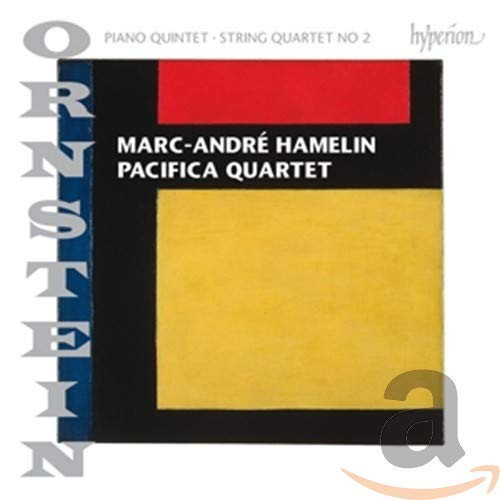Review
Cpo continues apace with its series of releases dedicated to Heinrich von Herzogenberg. If you're searching for these discs at arkivmusic.com, you will find only four of them listed under the composer's last name. That's because the remaining entries, as of this writing, are filed under the composer's first name, Heinrich. I leave you to draw your own conclusions.
Since most of the previous releases in this series have already been reviewed in prior Fanfare issues, I will dispense with the usual biographical background. By now, regular readers know that Herzogenberg was a close friend of Brahms--perhaps a little too close for Brahms's comfort--and that his own compositional efforts were perhaps a little too imitative of his icon's musical vocabulary and style. Expectations are thus confounded by Herzogenberg's early Piano Quintet in C-Major, a work dating from 1875 that sounds nothing like Brahms. Herzogenberg was already 32 at the time the piece was published, by no means a youth. But what he had been doing up until then was genuflecting to Wagner and the New Germans. His "Odysseus" Symphony and, in particular, his 1870 dramatic cantata, Columbus, with its echoes of The Flying Dutchman, had set Herzogenberg on a very different path from the one he was about to take. The year of this Quintet seems to have been a crucial one for him, for it was in 1875 that he joined forces with Alfred Volkland and Philipp Spitta to found the Leipzig Bach Society, and it was around this same time that the process of latching onto his replacement guru was complete. Wagner was out; Brahms was in.
It's hard to describe the Quintet. Hermann Kretzschmar, successor to Volkland as conductor of the Bach Society, was highly critical, writing, "At last somebody again dares not to write a sonata-form movement." He went on to complain of the virtual non-existence of a secondary theme and of irregularities in the structure of the recapitulation. Clearly, Herzogenberg was in a transitional period, and in the years to follow, he would learn much from Brahms. The main problem with the Quintet, however, is not its formal weakness, for even if it were perfect in form, nothing can disguise the extended note spinning that goes on at great length while saying little. It's not that there are no thematic ideas on which to hang a strong development, but rather that once having presented th
Piano Quintet Op 17 / String Quartet Op 63
Was:
$83.88
Now:
$41.94
- SKU:
- ZC881229
- UPC:
- 761203708222
- Condition:
- New
- Availability:
- Free Shipping. Estimated 2-4 days delivery.







